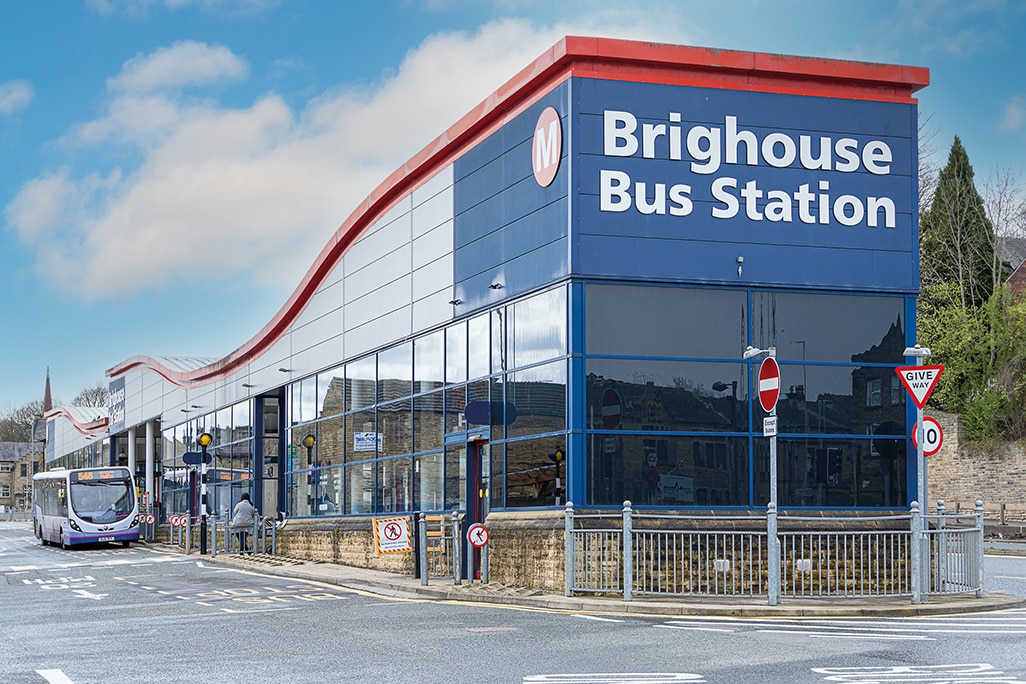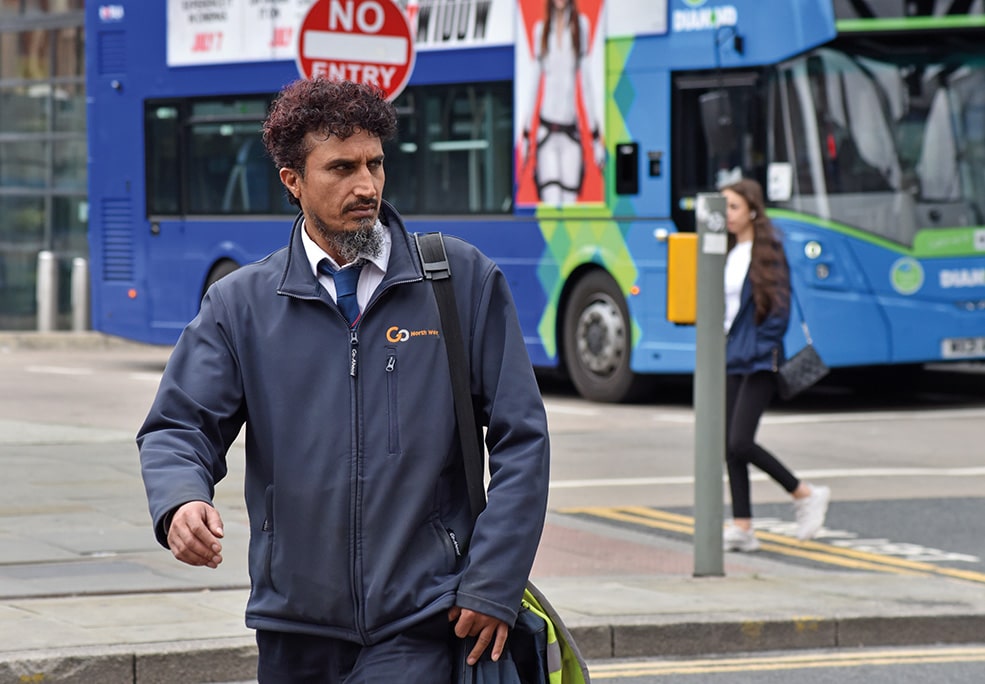After last week’s BSIPs announcement, operators and authorities will be taking stock of how to develop local services with (or without) allocated funding
As the dust settles on last week’s announcement of Bus Service Improvement Plan (BSIP) funding, operators and authorities will be taking stock of how to develop local services with the money they have – or, in most cases, have not – been allocated.
There are many stark comparisons between ‘winners’ and ‘losers’ – Blackburn and Blackpool, West Yorkshire and South Yorkshire, Norfolk and Suffolk are just a few examples of very different outcomes for neighbouring authorities. But hard as it may be for passengers in many areas, the Department for Transport’s (DfT’s) approach of concentrating resources makes sense.
As soon as the BSIPs were in, the Confederation of Passenger Transport’s (CPT’s) analysis showed that the scale of ambition – at least £7bn worth – was more than would be affordable in this round of spending. So it’s right to focus today’s scarce resources on areas where there is the possibility of genuine transformation.
And it’s also right to signal that authorities’ willingness to think big on bus priority has been a major factor in those allocation decisions. What DfT needs to do now is build on this positive start by laying out the roadmap for subsequent waves of BSIPs, with a clear statement of intent about future funding and support for those authorities that haven’t yet developed compelling plans to transform bus priority.
Elsewhere, the invasion of Ukraine by Russia continues to have an impact on fuel prices in the UK.
The Chancellor’s fuel duty cut announced in the Spring Statement does not go far enough to relieve the financial pressure on coach operators, and it risks being perceived as an endorsement for car travel at a time when we need to focus on the journey to net zero.
CPT is lobbying government for a fuel duty deal for the coach industry that will provide some relief from the increases in running costs, and address the issue of the inequality that exists between the coach sector and other public transport modes such as rail, which pay minimal fuel duty.
Coaches and buses are part of the solution to the challenges we need to address. One fully loaded coach can take up to 50 cars off our roads, and a fully loaded bus could take up to 75 cars off our roads, amounting to huge savings in carbon dioxide emissions. The aim of the levelling up agenda is giving everyone the opportunity to flourish, and coach and bus services do this by providing transport to places of work and education.
The industry stands ready to play its part. Now we need to see consistent, positive messaging from government championing coach and bus travel, and at a local level, commitment to put measures in place that prioritise journeys made by coach and bus to make them the easiest travel options.



























